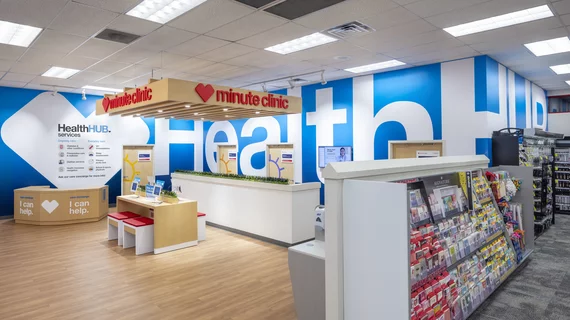CVS Health thriving despite COVID setback
After weathering rising costs in its health insurance business due to claims coming in from rescheduled procedures, CVS Health expects excellent 2020 earnings on the strength of its diversified business model.
The company announced the upbeat outlook Wednesday, saying its second-quarter profits had exceeded Wall Street’s expectations.
In an interview with CNBC, the company’s CEO, Larry Merlo, said the pandemic “has really accelerated our transformation. We’ve got real-life examples of care being delivered in the community, in the home and in the palm of your hand as a result of what we’re dealing with in COVID-19.”
Asked if he believes the company—and the U.S. as a whole—are ready for a warned-of second COVID wave later this year, Merlo replied:
“As a country we’re testing about 17 million Americans a month. The experts say that, as we move into the fall, we’re going to need between 26 and 28 million tests on a monthly basis to meet the demand. One of the things we’re working on is creating a plan with which we can pivot to more point-of-care testing. More of those devices are being approved, and that’s something we expect to be able to do as we approach the fall timeframe to meet that increased demand.”
Click here for the written CNBC coverage and scroll to the bottom for the 8-minute interview.

